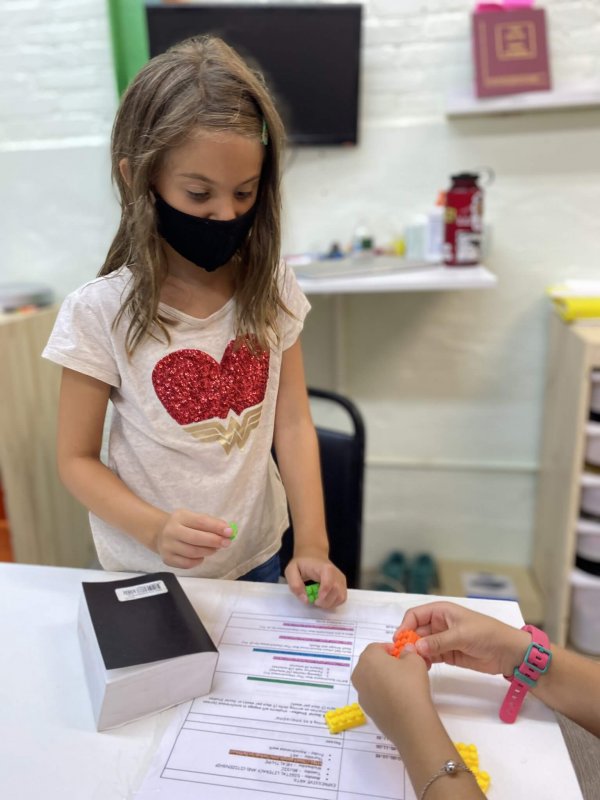
‘Tis the season for reflection and reparation. Last week at Makom Community we approached our learning from deep within the Aseret Yemei Teshuvah (ten days of repentance/returning) which occur between Rosh Hashanah and Yom Kippur. These ten days are prime time on the Jewish calendar for us to think about our mistakes from this past year and how we can improve in the future. Read on to discover our learners’ insightful reflections on mistakes, punishment, and forgiveness.
Nitzanim
Last week we talked about Yom Kippur, or as the Nitzanim (3rd and 4th graders) called it, “I’m Sorry Day”. Looking back on our mistakes over the past year can be difficult. We wrote down some things we’ve done that we’re not so proud of on pieces of paper using a washable marker, and then put those pieces of paper in a pitcher of water. As we watched the ink of our words wash away, we talked about how we can truly apologize if we’ve wronged someone.
- You can tell if someone means [their apology] by looking at their actions.
- You have to ask if someone’s okay after you hurt them for the apology to matter.
- Maybe they don’t need something right now, but you can ask them later. Or tell them to tell you if they need anything.
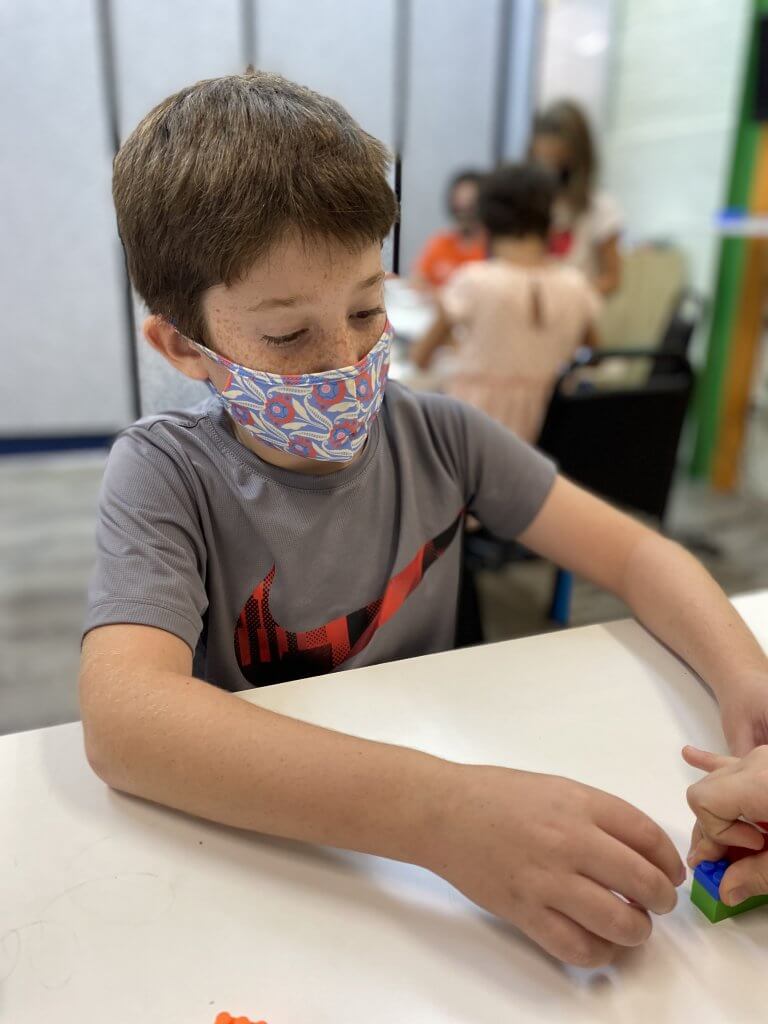
Should we be thinking about our mistakes after we’ve made them?
- We should fix our mistakes and then forget about them.
- We just shouldn’t make mistakes in the first place.
- We should fix our mistakes, but not forget about them, otherwise we’ll repeat them in the future.
- We should hang our mistakes on the wall so we have a physical reminder not to do them again.
We talked about a wide variety of actions that we can take if we wrong someone or make a mistake, but what about prayer?
- Actions have more meaning than prayer. If you make a bad decision, you don’t want to keep doing it. You can have a break from prayer, but you can’t have a break from actions, so we need to pay closer attention to those.
- Even if prayer isn’t useful in the moment, it’s still good to practice.
- If you have a really good reason why you should pray and not act, then you should pray. A good reason for me is that I don’t want my dad to be allergic to dogs because I want a dog.
Both our actions and intentions, whether it’s our thought process or simply our prayers, can aid us in a good apology.
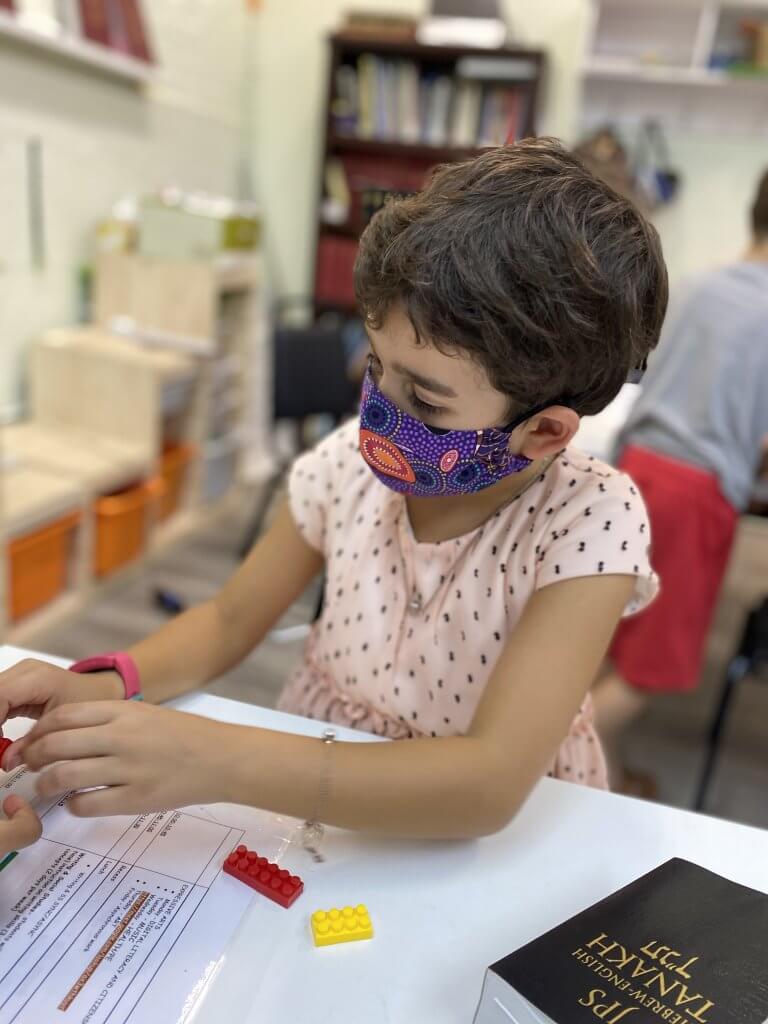
Shorashim
Despite the Nitzanim kiddo’s opinion that “we just shouldn’t make mistakes in the first place,” mistakes do happen. And sometimes those mistakes have consequences. The Shorashim (1st and 2nd graders) had lots to say last week about God’s decision to punish all of Bnei Yisrael (the Jewish people) for the lies the scouts told them about Canaan. Were those consequences fair?
We looked at scenarios that might relate more to the life of a kid in modern times. If one kid in a class does something wrong, should the whole class get punished? Should punishment happen even after the person who made a mistake says sorry? What are ways we can support someone who makes a mistake?
We came up with a whole array of answers to these questions!
- It depends on the mistake and if you can fix it.
- Only the kid who made a mistake should be punished.
- If you say sorry, you should still get punished, but less.
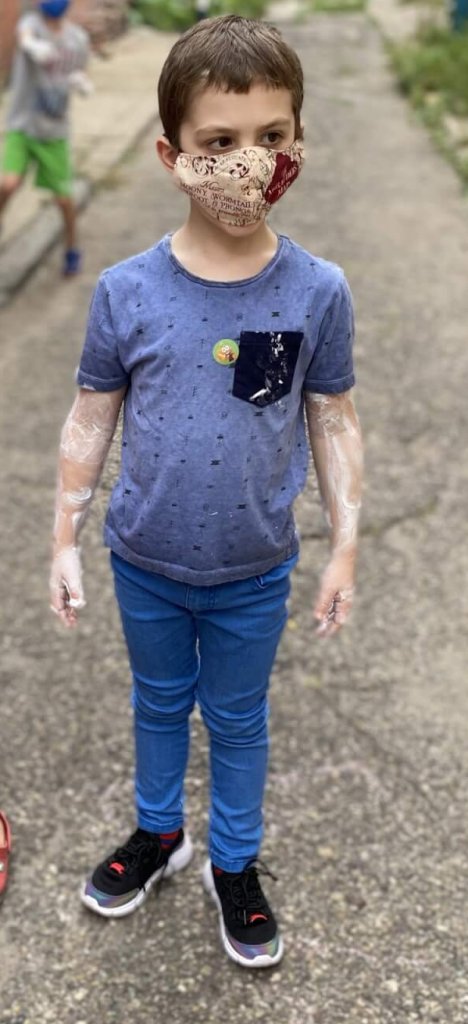
When we looked at the text, the class was mostly in agreement that God should not have punished all of Bnei Yisrael. Kids asked some amazing questions, like whether God punished the people who did not believe the lies. One kid pointed out that maybe the people were just scared and that’s why they believed the lies and didn’t want to go to Canaan. All in all, God’s punishment for Bnei Yisrael seemed pretty harsh. It brings us to questions about the next step in the process: we start with a mistake, make an apology, experience a consequence or punishment, and then, hopefully, there’s forgiveness.
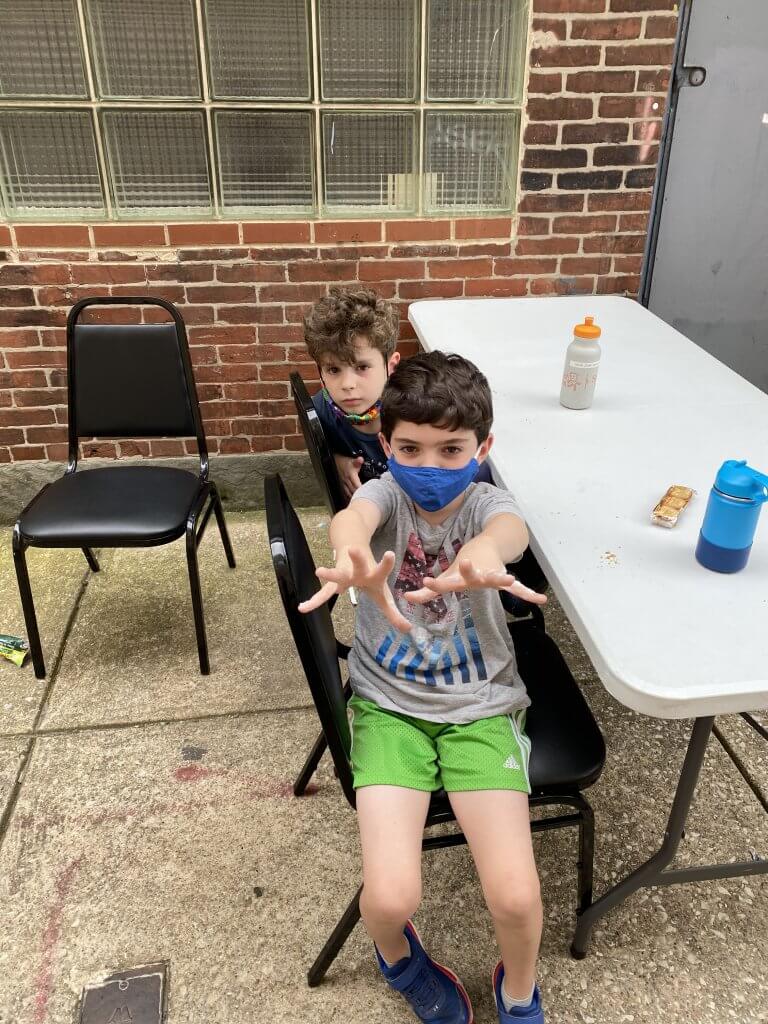
Garinim
The Garinim (preK and K kiddos) focused on the emotional parts of a mistake making process, both from the perspective of the mistake-maker and the person they may have hurt or wronged. We reflected on the kinds of feelings we experience when we’ve been wronged, and where we notice those feelings happening in our bodies:
- I feel angry in my stomach.
- I feel mad all the way down my right arm.
- I feel sad and fuzzy in my head.
- I feel frustrated in my chest and hands.
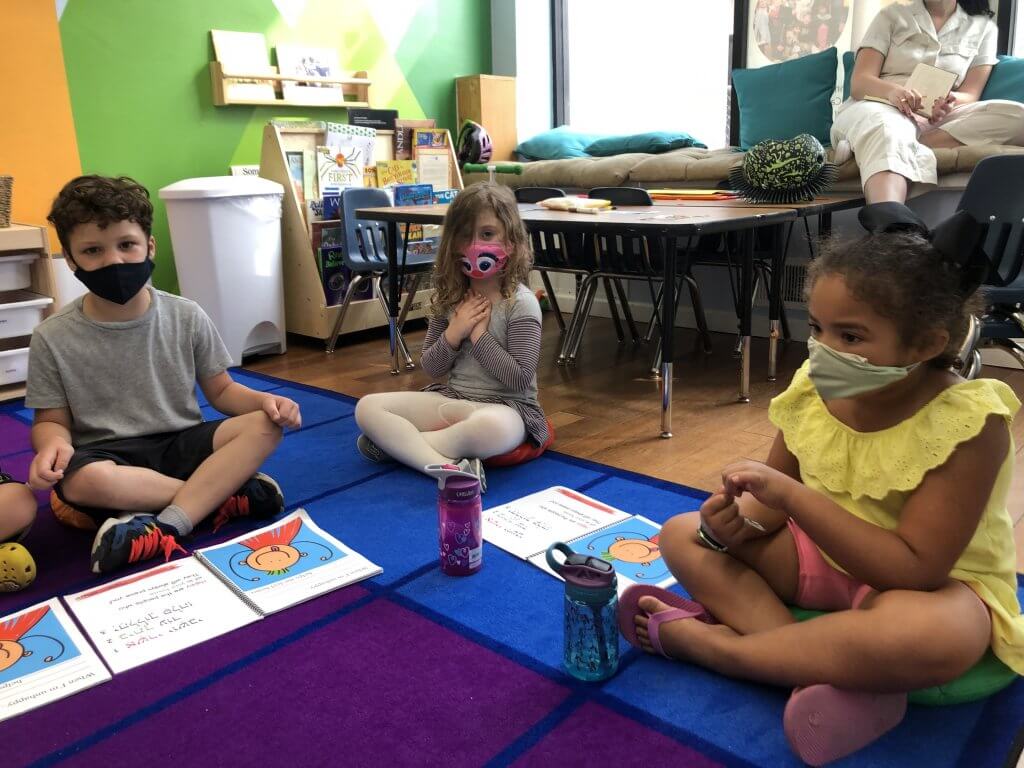
We watched a video clip showing a kid who started having some big, negative feelings and a friend who helped him figure them out. What did the kid in the video do to help himself understand his confusing feelings? What are some other strategies we could use?
- He paints his feelings.
- I hug my stuffies.
- I talk it out with my mom.
- Sometimes I try to break things.
- I lay in my room and think.
- I take space for alone time.
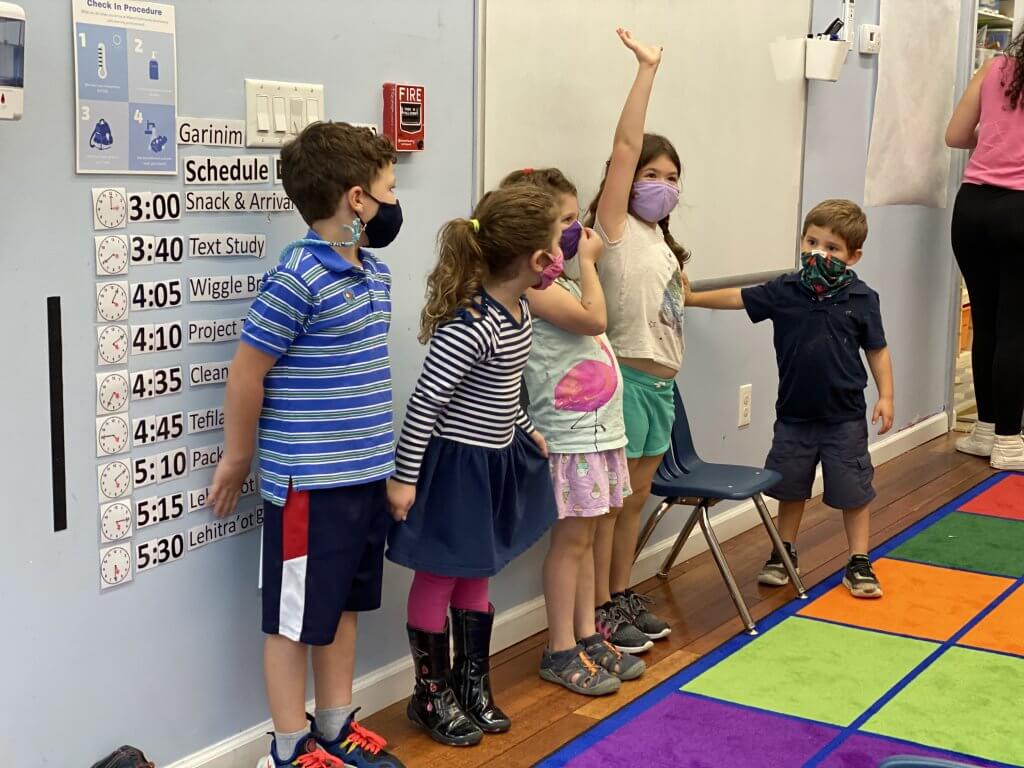
Each learner took a laminated paper cutout of a person, and colored their negative feelings on it on the part of the body where they feel them (ex: coloring anger on the stomach of the paper person). Then we thought about what happens after a person apologizes to us for their mistakes. We dipped our little people cutouts into water and watched the colors of the negative feelings wash away. After feeling our way through all those emotions, we can let them go and end up at forgiveness. One kiddo described forgiveness as the feeling that you still want to be friends with the person you had been mad at before.
Mistakes happen – we’re all human after all. And we can keep trying to do better, and to respond to mistakes – both our own and others’ – with kindness and compassion. So here’s to all of the mistakes we’ve made in the past year, and all the mistakes others made to us. May we learn from them, forgive them, and have a sweeter new year than the one before.
